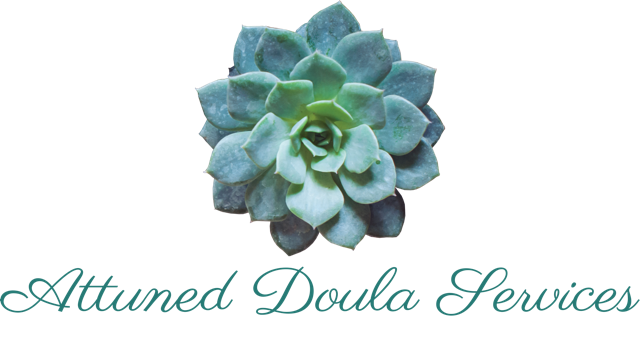I started to write a photo caption and realized I could write an entire blog post about these dishwashing gloves. (I promise it’s not your usual product endorsement, but they are great!) For each Postpartum Doula client I support, I have a pair of dishwashing gloves I leave at their house for bottles & pump parts. If I’m there daily, they stay folded over the edge of the wash basin or sink. When I’m there just a few times a week, they live under the sink. I have all different colors, all with ruffles! I bring a pair to my first shift, and then 4 weeks, or 12 weeks, or 6 months later I take them home at the end of my final shift with the family.
The last family to see these blue gloves, moved out of state a few days after my final shift at the end of October. We had supported them since we met them during pregnancy in January. Two of our incredible Birth Doulas walked beside them for months leading up to their baby boy’s birth. I worked both day and overnight shifts with them for 4.5 months as their Postpartum Doula. We watched them grow into confident parenting pros and the most fun family of 3! We poured love into them and kept their household running smoothly so they could enjoy their baby and reconnect with each other. We laughed together, cried together and became so close! When I left that last shift, I held it together until I tucked these gloves into my bag to leave.
I choked back a lump in my throat as my client hugged me with one arm and the (now big) baby on her hip in the kitchen. I promised her and myself I wouldn’t cry until I got to my car.
As I walked down the sidewalk, I heard her call my name. She ran out with tears streaming down her face to get a real hug with both arms. I squeezed her so hard and told her they were doing great and were going to be just fine without me, but I would miss her so much. As soon as she went inside, I looked over at these gloves in my bag and I wept in my car.
When I first became a Postpartum Doula years ago, we were often taught to “work ourselves out of a job”. We were supposed to be instilling confidence in new parents and setting them up to be able to handle things without us- and we do! However, I also started noticing that a lot of our clients hire us because American or Western life is so individualistic and they’re longing for the “village” that was meant to help. We fill in the gaps and stand in the spaces left by loss, distance, and the chaos of daily life. Sometimes, the village is just one Postpartum Doula who puts you to bed, takes the baby monitor and washes bottles in your dark kitchen so everyone gets a night of real sleep.
She’s the one who talks to you about who you were before you were a Mom, while you pump at 2am. She steadies your shaking hands as you bathe your tiny baby for the very first time. She dries your tears while you nurse with 2 hands and 6 pillows. She folds your postpartum panties and leaves you words of affirmation taped to your breast pump. She preps the formula and labels everything in the fridge. She starts the coffee pot at 5am before she leaves.
You drop your shoulders and tell her how glad you are to see her when she comes in and slips her shoes off at the door. You relax when she’s there, because this is SO hard and you knew it would be, but “how do people do it without help?”.
I learned a long time ago, that we can do both. We can instill confidence and also stay with a family as long as they need us. We trust them to tell us when they’re ready to do it on their own. We don’t decide for them at 4 weeks or 6 weeks or 3 months that they shouldn’t need help anymore. We attune and we listen. We fill in the gaps and support the whole family in the unique ways that make sense for them.
Sometimes we only work one shift with a family and never touch a sink of bottles, because they just needed an afternoon of help. Sometimes we leave after months of a seamless routine and cry because we don’t want to say goodbye. Every family I support holds a special place in my heart and so do these ruffled dishwashing gloves. They’re a reminder that our time with new families is temporary, but it’s also sacred.




